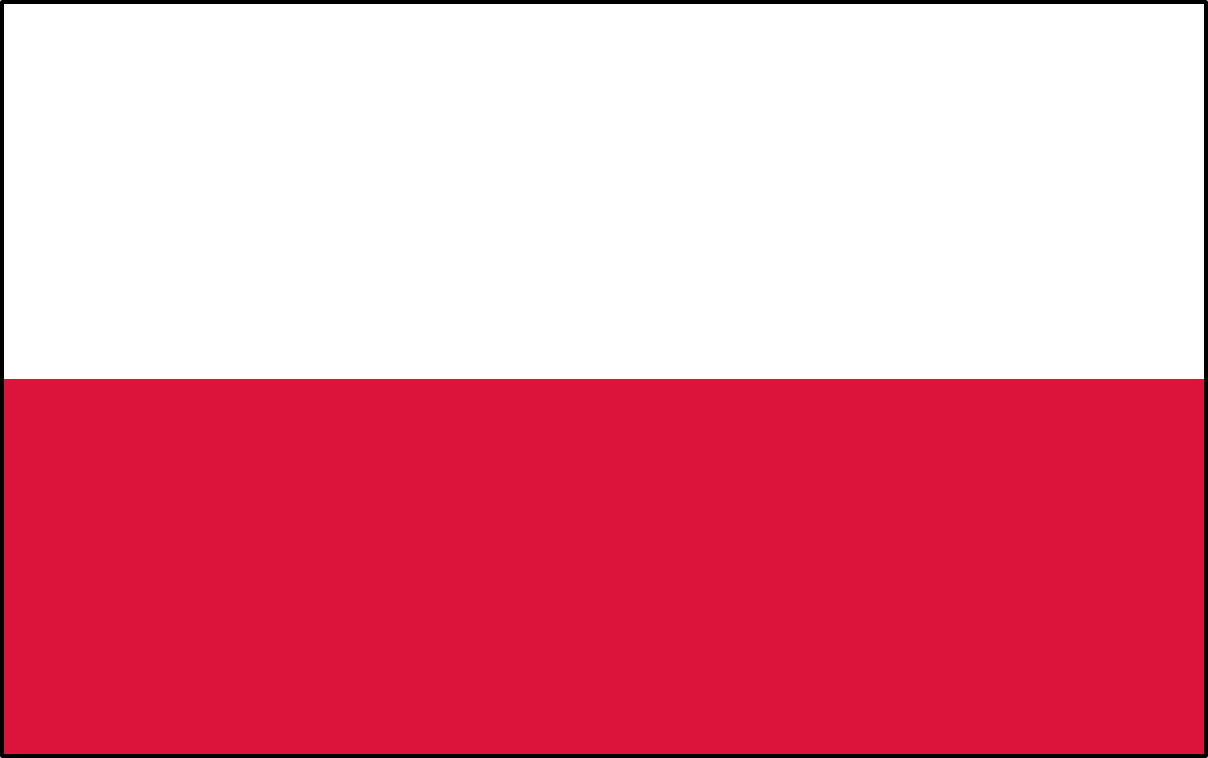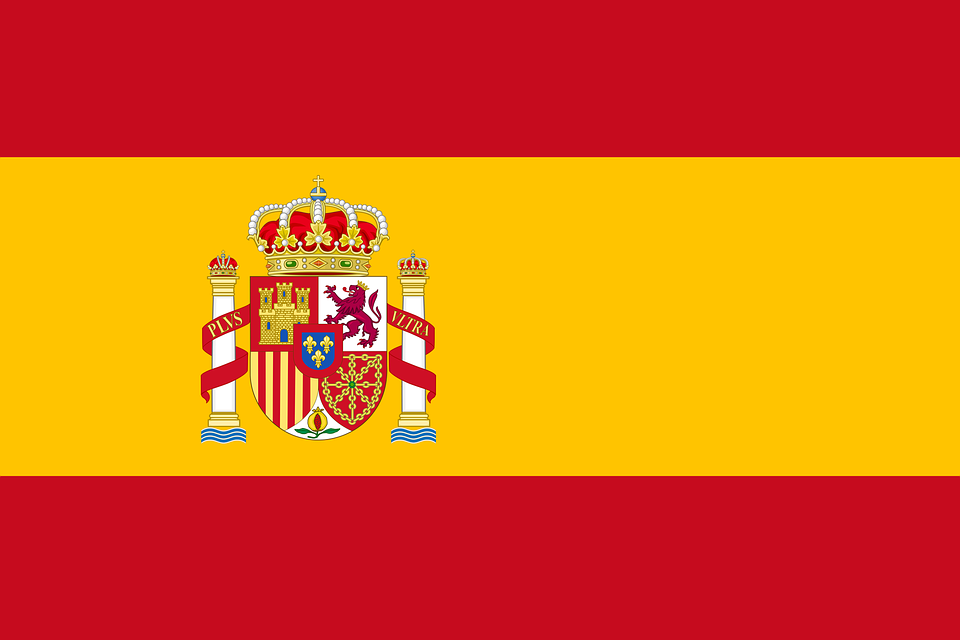General Certificate of Secondary Education, commonly known as GCSE, is an academic qualification in a variety of subjects obtained in the UK by students in the age range from 14 to 16 years old. GCSE usually take five terms to complete and can be taken in more than 60 subjects.
When completing GCSEs, you are mainly assessed through written exams, however, not all subjects put the same emphasis on those. For instance, art-related subjects have fewer exams and more coursework which needs to be completed by students. Additionally, the frequency of exams also varies for specific courses, where some have their exams at the end of the term, and some after each unit.
In case you want to quickly jump to a specific section - use a list below:
The GCSE grading scheme changed significantly in England since 2014, as it is now done using a numerical scale from 1-9, as opposed to A to E which was used previously. The number scale is not fully equivalent to the older one, but they do align in certain places:
- the bottom of grade 4 is aligned with the bottom of grade C
- the bottom of grade 1 is aligned with the bottom of grade G
- three number grades - 9, 8 and 7 - correspond to the two previous top grades of A* and A
To pass their exams, students need to either achieve at least a 4 for a “standard pass” and a 5 for a “strong pass”. So, technically, a student who scored only 4s on all exams will pass. However, usually 5s or 6s minimum need to be scored to enter further study.
It is also worth noting that the grading structure didn’t change in Wales and Northern Ireland, which still use an A*-G grading system. Scotland has a different qualification system which doesn’t consist of GCSEs.
As mentioned at the start of this article, there are around 60 subjects available in the GCSE program. However, most schools do not offer all of them, and usually, around 20 subjects can be selected by the students. Since GCSEs are taken in Years 10 and 11, you will need to make your choices in Year 9, and in some schools even in Year 8!
As you can see, a similar rule replies here to the one we teach in our lectures, mainly, that starting early is crucial to help you succeed in high school and subsequently maximise your chances of your dream education.
Students usually are expected to take 9 subjects for their GCSEs with Math, English and Science being mandatory for all students. Each school may have slightly different rules with regard to the compulsory subjects they are taking, so make sure to check which rules apply at your institution.
IGCSE stands for International General Certificate of Secondary Education and is usually obtained in countries outside the UK. In the UK they can also be found but usually in international or private schools, not state ones.
Hence, one of the main differences between GCSEs and IGCSEs is the nationality of their students which also causes a further difference in courses offered. Since IGCSEs are designed to provide schooling for an international audience, the subject content will be more diverse.
Additionally, GCSEs have some courses which are obligatory for all students. Due to the more international nature of IGCSEs, this is not the case, and students have the freedom to choose all of their subjects according to their interests.
Another big difference between the two is their assessment and coursework. GCSE has a mix of both exams and some additional internal assessments which vary per subject, whereas for IGCSE there are only exam requirements. However, now GCSE is following this trend and more and more subjects put less emphasis on internal assessment throughout the year, and instead focus more on final exams.
In general, the differences between these two are minor, and they have become even smaller in recent years, with the main difference being the content of courses offered by the two.
GCSE exams take place in May and June, so at the end of an academic year. This year they began on the 15th of May and the last exam will be taken on the 21st of June. The results usually come out towards the end of August, and this year they will be available on the 24th of August.
Students who are dissatisfied with their results, can appeal, or retake them in the next academic year. Appeals can be submitted within the first 30 days after the results were received. Resist on the other hand is taken in November.
A crucial part of success in these exams, especially having this many subjects is having a plan and staying organized. In the previous article we outlined a variety of methods which can be used to best prepare yourself for such a demanding exam period - check it out here. Also, if that doesn’t help, you can always reach out to us to connect you to one of our mentors. A lot of them come from a UK-based education system, so they went through GCSEs themselves and scored very well, as it allowed them to then reach the world’s most prestigious universities.
Of course, a student’s education path usually doesn’t end on passing their GCSEs. In most cases, for students interested in university education, GCSEs are followed by A-Levels. Students from international schools often choose to follow International Baccalaureate (IB) curriculum, which is thoroughly described in this article.
In any case, both A-Levels or IB last two years and are the time at which students specialize in a given field, which tailors them to a specific course for their university studies. For A-Levels students are required to take three subjects (up to five) and IB students choose six subjects.
In the article above we covered all essential information about GCSEs, their specification, available subjects, exam dates, and many more.
However, choosing a curriculum which you should follow during your high school studies is a difficult decision, which is why we suggest doing some more research on the topic, or contacting one of our mentors, since a lot of them took GCSEs. All of them performed extremely well, which allowed them to then attend world’s best universities, and then can help you do the same!
Interested in learning more on the topic? Contact us directly at contact@edunade.com or attend one of our workshops!




